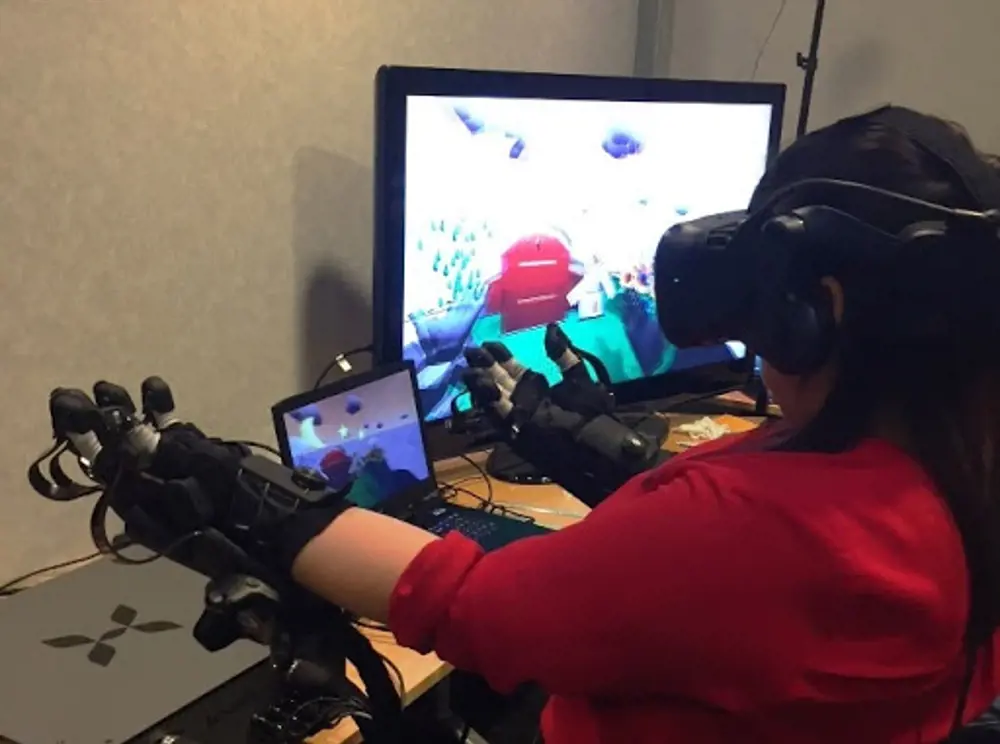
Human factors engineering
Human factors engineering is all about understanding how people behave and interact with processes, technology and devices, and then using this understanding to increase efficiency and help reduce the risk of error.
What is human factors engineering?
Human factors engineering is all about understanding how people interact with technology, processes and devices. With any piece of technology, process or device there will be a person interacting with it, which at times can mean the outcome is not always as predicted because there is a 'human factor' to consider. By looking at how designs and processes work in actual practice and understanding how people behave, efficiency can be optimised and the risk of error can be reduced.
What do human factors engineers do?
Human factors engineers work across all industries from energy and healthcare to aerospace. Human factors engineers are involved throughout all stages of a project, including the design stage. Human factors engineers ensure designs and processes are safe, easy to use and efficient. They conduct research and testing to optimise designs, and they may have to design prototypes and work with other engineers also working on the project in a different area.
What makes human factors engineering different?
Human factors engineering is different to most other types of engineering because the sole focus is on human behaviour and how people interact with designs and processes. Most other types of engineering focus on a specific problem or outcome. Human factors engineers look at things through a different lens, aiming to help improve the outcome by assessing how real people are going to behave. In most cases, human factors engineers help improve designs and processes which are being developed by other engineers across different industries like healthcare, aerospace, sustainable power and more.
Factfile
- Average starting salary (Graduate)
- £30,000
- Example job titles
- Human factors engineer, human factors consultant, ergonomics engineer, ergonomist
- Desirable skills
- Systems evaluation, maths knowledge, knowledge of engineering science and technology, computer skills, problem solving, communication skills and creative thinking
- Useful subjects
- Maths, Science, IT, Psychology, Engineering, Design Technology

Working life:
What is it like being a human factors engineer?
As a human factors engineer you could be working alongside engineers who are designing a new device, or you could be tasked with helping improve a current design by looking at it from a human factors point of view. Your day could be a mixture of meetings in the office with other engineers and colleagues, in the workshop testing prototypes and running experiments, or out in the field collecting data from real people to help inform your work.
How do human factors engineers contribute to society?
Human factors engineers help make designs and processes safe, easy to use and efficient. They work across most fields and industries so have a big impact on society. Human factors engineers could be working to help improve an aircraft cockpit design, improving smartphone screen layouts, designing organisational structures to maximise performance, or many on many other varied projects.

Laura Hoang, human factors engineer
Laura is a senior human factors consultant at Amentum UK working primarily to design and make things that keep people safe.
The future
Where could human factors engineering take me?
Through a career in human factors engineering, you could work on a variety of projects across different industries. With experience you could move into a senior or managerial role. After a lot of experience, you could decide to work for yourself and set up your own company as a human factors consultant. You could then be contracted to work on different projects in an area you specialise in.

Become a human factors engineer
What qualifications do I need to become a human factors engineer?
You can become a human factors engineer by gaining qualifications and experience in related fields such as systems engineering, psychology, physiotherapy, product design, acoustics or mechanical engineering. Once you've gained qualifications and experience in these fields you can then decide to move into a human factors engineering role from there.
You can also become a human factors engineer by competing a post graduate master’s degree course for one year specialising in human factors. Look for a course accredited by the Chartered Institute of Ergonomics & Human Factors.
In the UK, all the human factors university courses available are postgraduate/master’s courses, meaning you would need to have previously completed a relevant degree in a relevant subject like psychology or engineering, so it is worth keeping this in mind.
Work experience
Getting prior work experience in an industry you are interested in is always a great idea. Getting some work experience in a human factors based setting (or related field) will give you a taste of what to expect working in that industry in the future. It will also benefit your CV when you apply for jobs.
Think engineering could be for you?
Become an engineer
